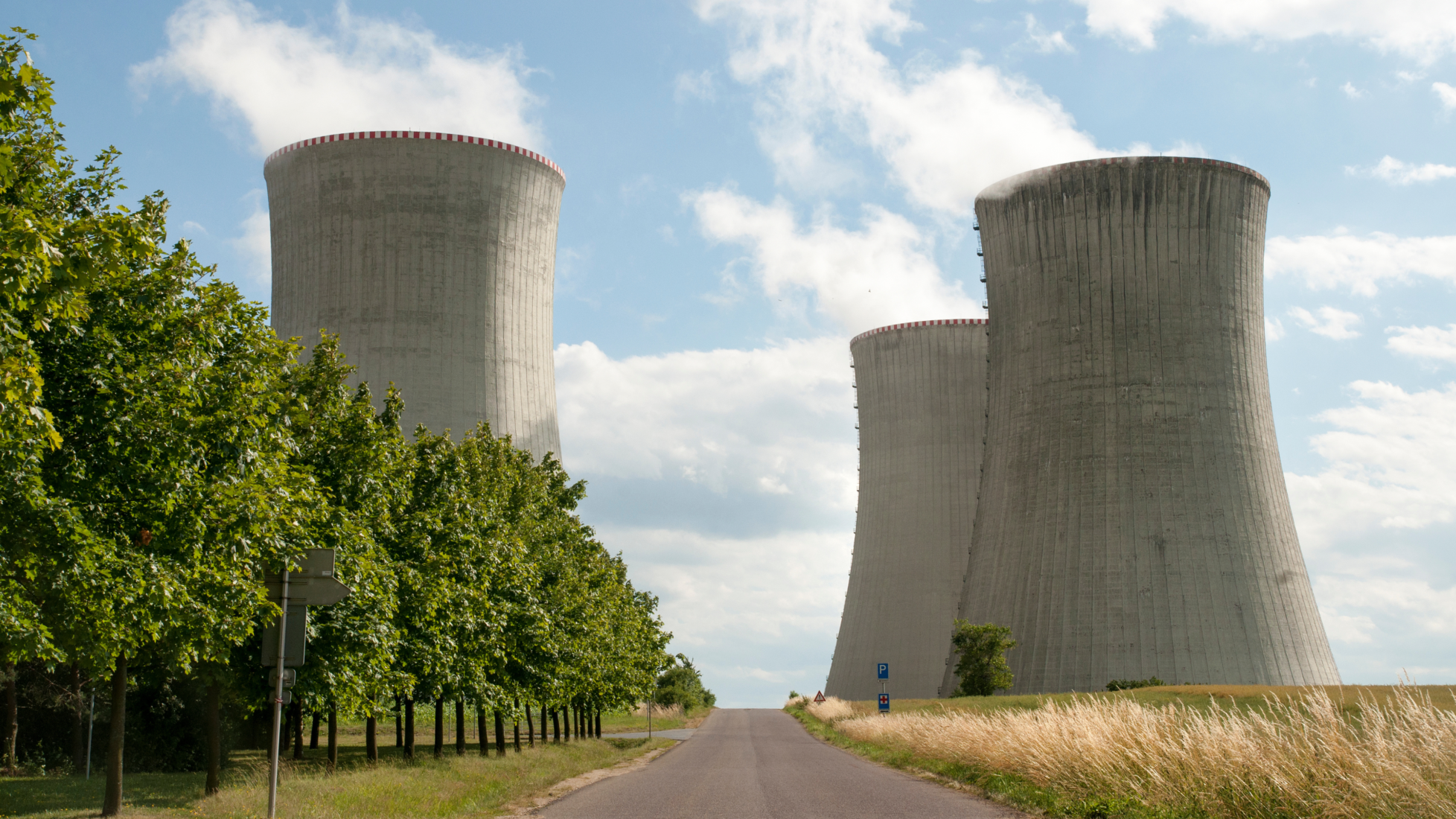Amazon, Google, and Microsoft are making major moves in nuclear energy to secure carbon-free electricity for their data centers and operations. By Venturing into nuclear power, these tech giants are not only locking in clean energy sources but also helping shape a carbon-free economy. Their investments in advanced nuclear solutions, such as small modular reactors (SMRs), as well as large-scale nuclear projects, are paving the way for reliable, sustainable power capable of meeting rapidly growing energy demands. In the race to net-zero, nuclear energy is emerging as a powerful ally, supporting these companies–and the world–in building a truly sustainable future.
Amazon and Google’s Push for SMRS
Amazon is collaborating with Dominion Energy, X-energy, and Energy Northwest to explore SMR technology. Google, meanwhile, has signed an agreement with Kairos Power to receive energy from SMRs by 2030. SMRs are attractive due to their center design and quicker build times compared to traditional reactors. The International Energy Agency predicts data center energy use could surpass 1,000 terawatt hours by 2026, emphasizing the need for scalable, carbon-free energy solutions.
Kevin Miller of Amazon emphasized that new nuclear capacity is critical to meet the surge in electricity demand. Although SMRs currently don’t supply to the U.S. grid, the involvement of tech giants could help accelerate their adoption.
Microsoft’s Historic Agreement with Constellation
Microsoft has signed its largest-ever 20-year power purchase agreement with Constellation to source energy from the Crane Clean Energy Center (CCEC), formerly Three Mile Island Unit 1. This initiative will restore the plant, expected to be operational by 2028, adding around 835 megawatts of carbon-free energy to the grid and creating 3,400 jobs. Constellation is making substantial investments to upgrade the facility, which will also require approval from the U.S. Nuclear Regulatory Commission.
The Broader Impact
The Crane Clean Energy Center will contribute significantly to Pennsylvania’s economy, adding $16 billion to GDP and generating over $3 billion in taxes over its lifetime. The project reflects renewed global interest in nuclear energy as a consistent, carbon-free power source, and public support is strong, with a majority of Pennsylvanians favoring the plant’s restart.
The collective efforts of Amazon, Google, and Microsoft underscore nuclear power’s vital role in meeting climate goals fostering sustainable economic growth. Through their bold investments, these tech leaders are paving the way for a cleaner, more resilient energy future.






